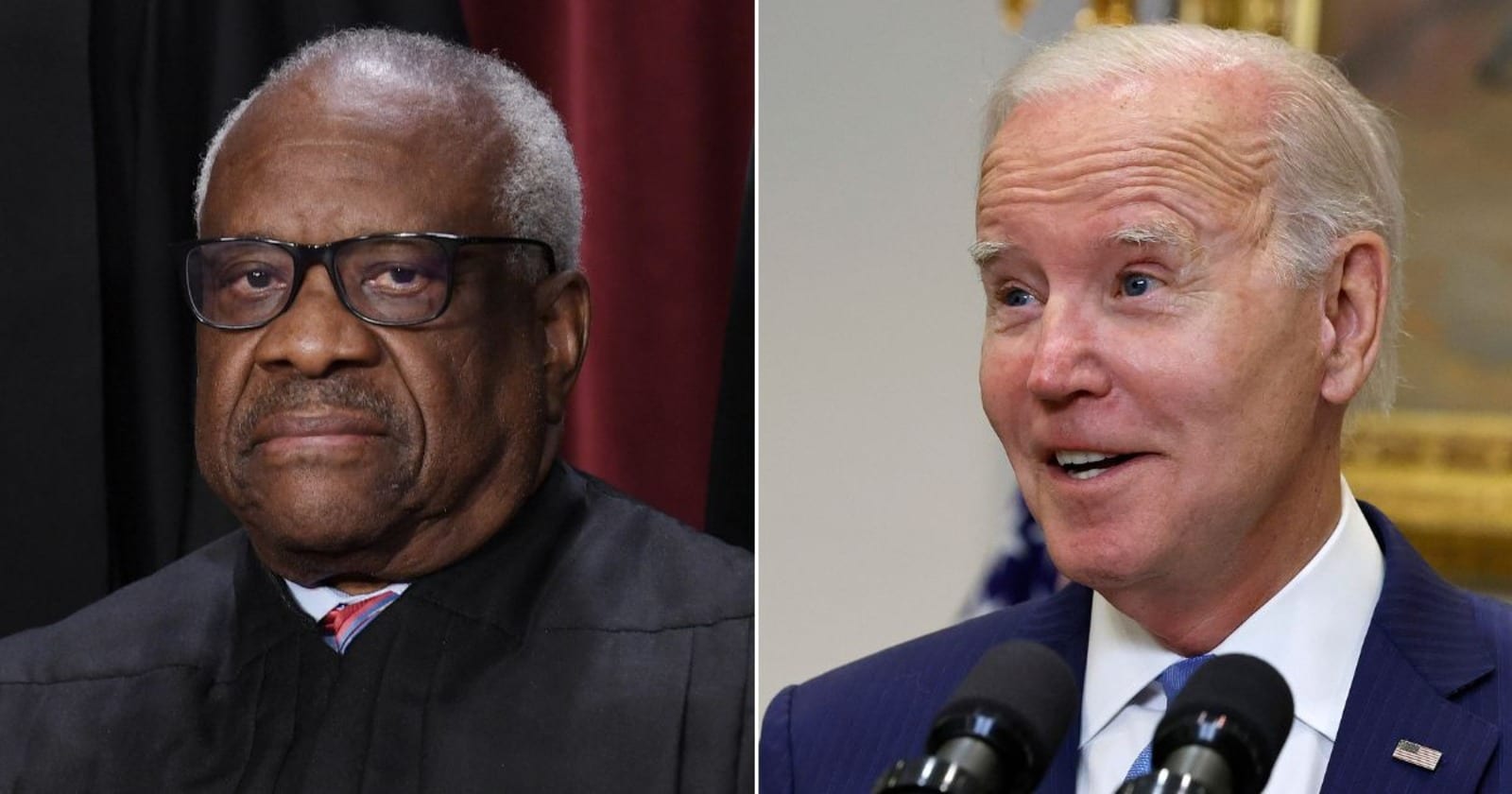OPINION: This article may contain commentary which reflects the author's opinion.
The Supreme Court has refused to block a Biden administration rule aimed at preventing legacy toxic waste from closed coal plants from seeping into and contaminating nearby groundwater.
In a brief order, the court denied an emergency request from the East Kentucky Power Cooperative to temporarily halt the rule while ongoing litigation challenging it is resolved, The Hill reported.
The Supreme Court did not provide an explanation for its decision to reject the power cooperative’s petition, and no dissents were noted, the outlet said.
The ruling does not necessarily indicate that the justices believe the rule is lawful; it simply means they are not prepared to block it before lower courts have ruled on the challenges.
The rule in question targets “coal ash,” a byproduct of coal plants containing hazardous substances such as mercury and arsenic. It mandates that coal plants closed before October 19, 2015, take measures to prevent coal ash from leaking out of storage ponds.
The East Kentucky co-op asked the court to halt the rule, arguing that it would suffer from “unrecoverable compliance costs” if it did not.
Earlier this week, the nation’s highest court passed up an opportunity to correct a ruling by Hawaii’s Supreme Court that appears to violate Second Amendment interpretations.
In a February ruling, the Hawaii court openly rejected landmark Second Amendment cases that have been decided by the highest court in the country, finding the “spirit of Aloha clashes with a federally mandated lifestyle that lets citizens walk around with deadly weapons during day-to-day activities.”
“In Hawaii, there is no state constitutional right to carry a firearm in public,” the super-blue state court wrote.
Justice Clarence Thomas explained in a statement joined by Justice Samuel Alito that fixing the state court’s error “must await another day.”
Thomas, Alito, and Neil Gorsuch criticized the Hawaii court’s decision but stated they could not take up the case at this time. They further explained that the defendant, Christopher Wilson, has yet to stand trial on other charges. Wilson was arrested in 2017 for trespassing on private property while carrying an unlicensed pistol.
“Wilson moved to dismiss only some of his charges, most notably leaving for trial a trespassing charge on which his Second Amendment defense has no bearing,” Thomas wrote in a statement joined by Justice Samuel Alito. “He thus seeks review of an interlocutory order over which we may not have jurisdiction.”
Nonetheless, Thomas remarked that Hawaii’s highest court would have deemed the state’s licensing regulations “unconstitutional and supported the dismissal of Wilson’s public-carry charges” if it had adhered to the U.S. Supreme Court’s interpretation of the Second Amendment.
“I agree with the Court’s decision to deny certiorari in this posture,” he wrote. “In an appropriate case, however, we should make clear that Americans are always free to invoke the Second Amendment as a defense against unconstitutional firearms-licensing schemes.”
Gorsuch, in a separate statement, indicated that the issue could be revisited in the future if Hawaii’s highest court does not alter its approach as the case progresses.
In October, the U.S. Supreme Court rejected a challenge to the constitutionality of a federal law that bans the possession of a gun by someone who has been the subject of a domestic violence restraining order.
The vote is 8-1 with Justice Clarence Thomas dissenting.
“The court holds that when an individual has been found by a court to pose a credible threat to the physical safety of another, that individual may be temporarily disarmed consistent with the Second Amendment,” SCOTUS Blog reported.
Chief Justice John Roberts wrote that, “Since the founding, our Nation’s firearm laws have included provisions preventing individuals who threaten physical harm to others from misusing firearms. As applied to the facts of this case, Section 922(g)(8) fits comfortably within this tradition.”
